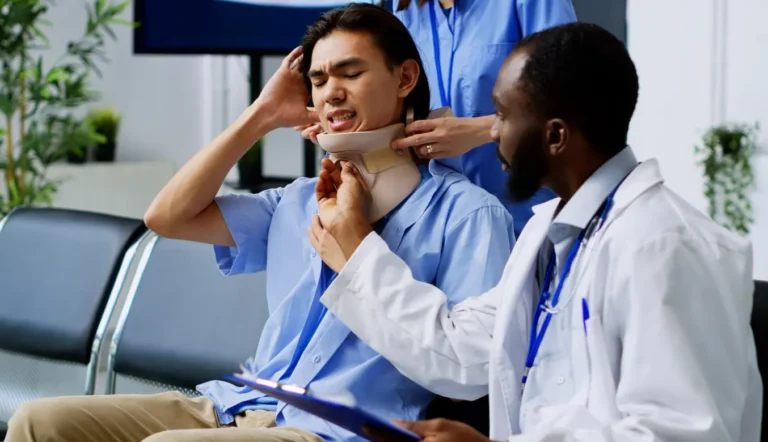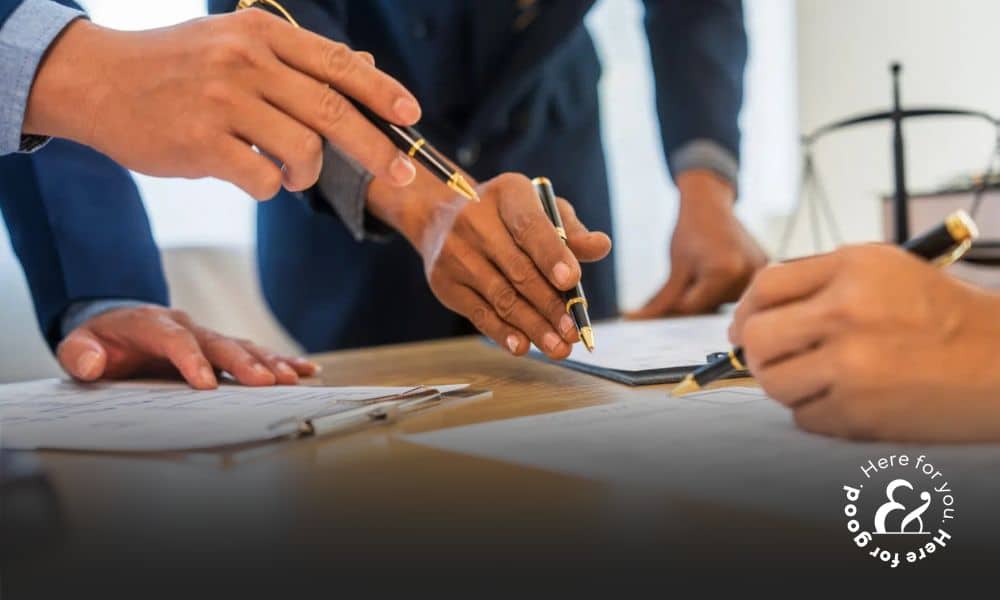In a personal injury case, a deposition is a critical part of the discovery process that allows both sides to gather information and prepare for trial. During a deposition, the injured party, witnesses, and sometimes expert witnesses provide sworn testimony, which is recorded and can be used later in court. Is more than just a formal, out-of-court testimony; opportunity for both sides to gather crucial information to strengthen their cases.
What Is a Deposition Hearing?
A deposition hearing is a formal part of the discovery process in a lawsuit where witnesses or other involved parties provide sworn testimony outside the courtroom. Conducted under oath, it allows attorneys to gather facts, clarify details, and assess the case’s strength. In personal injury cases, depositions focus on the injury, medical treatment, and its impact on the claimant’s life, with the testimony recorded for potential use in court.
What Is the Purpose of a Deposition?
Depositions help both sides build their cases, uncover evidence, and anticipate how witnesses might respond in court, ultimately aiding in case preparation and strategy. The testimony given can be used later in court if needed.
Preparing for Your Deposition
Before the big day, take the time to meet with your attorney to dive into the case details and brainstorm potential questions you may face. Your attorney will be your trusted guide, sharing valuable insights into what opposing counsel might ask and how to craft your responses effectively.
What To Expect During a Deposition
During a deposition, you can expect a structured but somewhat informal setting, often in a law office or conference room. You’ll be under oath, meaning you must answer questions truthfully, as your testimony can be used in court.
Introductions and Oath
The deposition begins with introductions, and a court reporter will ask you to swear to tell the truth.
Questioning
Attorneys for both sides will ask questions. These will cover details about the incident, your injuries, medical treatment, and the impact on your life. Answer only what’s asked, and it’s okay to say “I don’t know” if you’re not sure.
Breaks
You can request breaks if you need them, but avoid discussing your testimony during these times. There’s typically a break every hour or so that can last between 5 and 15 minutes. If you need more breaks, you can ask, but it’s best to keep disruptions to a minimum if possible.
Recording
A court reporter will transcribe the deposition, and in some cases, it may be videotaped. This can later be used in trial as evidence if a witness is unable to attend or if their testimony is inconsistent. Attorneys on both sides can also use the recording in their preparation.
Objections
Both attorneys have the right to raise objections to certain questions or responses during a deposition. These objections can occur for various reasons, like relevance, form, or privilege, helping to protect their client’s interests.

If you were injured in an accident due to someone else’s negligence, Farah & Farah is here for you. We’ve relentlessly fought for the right to compensation for our clients and their families since 1979.
Common Pitfalls To Avoid in a Deposition
Your attorney will help you to prepare ahead of time and will be on your side during the deposition. They should also let you know what you should avoid during the deposition.
Inconsistent Answers
One common pitfall is providing inconsistent or contradictory statements. Stay consistent in your responses and avoid making statements that could be used against you in court.
Over-Explanaining
Overexplaining or volunteering unnecessary information can inadvertently weaken your case. Stick to answering the questions asked, and rely on your attorney to guide you through the process.
What Happens After the Deposition?
Once all the depositions are wrapped up, both parties will take some time to review the information gathered and use it to shape their strategies moving forward. This might involve further negotiations or getting ready for trial.
Reviewing the Deposition
After the deposition wraps up, the court reporter will create a detailed transcript of the proceedings. This transcript is vital for both parties, serving as a comprehensive record of all the questions and answers exchanged. Your attorney will review all depositions as part of their preparations either for negotiating or for going to trial.
The Deposition Becomes Evidence
If the case goes to trial, the deposition transcript can be used as evidence to support or challenge claims from either side. Witnesses who shared their insights during the deposition might be called to testify in court; this is why it’s so important to stay consistent. Testimony that contradicts a deposition makes that person seem untrustworthy to a judge or jury. The deposition may still be used as evidence in mediation or arbitration or in negotiations, even if the case never goes to trial.
The Personal Injury Attorneys at Farah & Farah Can Help You
If you’re navigating a personal injury case, reach out to our experienced personal injury legal team at Farah & Farah. We know that our clients are going through what might be the worst period of their lives and we want to support you every step of the way. We’re here for you and can help answer any questions you may have about the deposition process. Contact us today for your free consultation; you won’t have to pay anything unless your case is successful.











